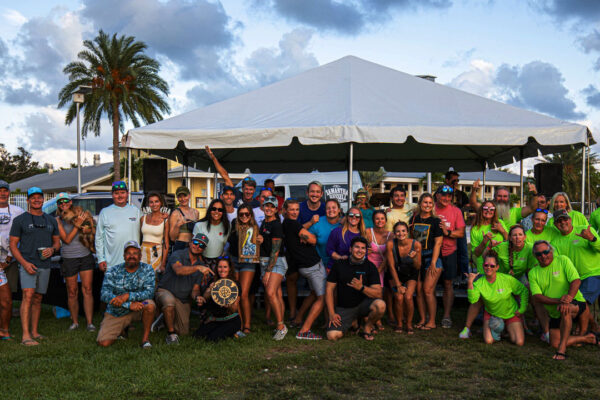This June, PADI partnered with Akamai, a global leader in content and media distribution, to turbo charge the PADI eLearning® experience with cutting-edge server technology. People the world over have become increasingly accustomed to fast, high-quality, online experiences, and it’s vital that the dive industry continues to stand out in this ultra-competitive landscape.

Akamai works with companies (including Apple, Verizon, Sony, Disney and Yahoo) who distribute massive amounts of content globally. Their vast network comprises 216,000 servers housed in data centers spread throughout 120 countries around the world. Somewhere in the region of eighty-five percent of the world’s Internet users are within a single network hop of an Akamai server.
They will host PADI eLearning courses in a local data center, which means that divers in London, Sydney or Hong Kong won’t have to wait for a US-based server, they’ll pull content locally. This dramatically speeds up eLearning course performance. Some users could potentially see a several hundred percent improvement in speed. The most notable improvement will be video load time.
This technology is deployed in the background and is now fully propagated around the world; you will experience the improvement immediately on login to any eLearning course.
More improvements are in store later this year when PADI will upgrade the Learning Management System (LMS) that powers eLearning. This will enable features such as mobile-first responsive design, which fully supports mobile devices, phones and tablets, including iOS devices which are currently only supported by the Touch product line. This upgrade supports larger video resolutions so that divers using eLearning products on a desktop or laptop computer can size video all the way up to full screen in most cases. In addition, reduced file sizes will make PADI digital products load faster on mobile networks, and later in 2017, courses will run even when devices are not connected to the internet.
PADI eLearning courses will migrate to the new platform from late 2016 throughout 2017. Keep an eye out for details closer to the launch and make sure to let your divers (and potential divers) know about the state of the art learning experiences that await them.


